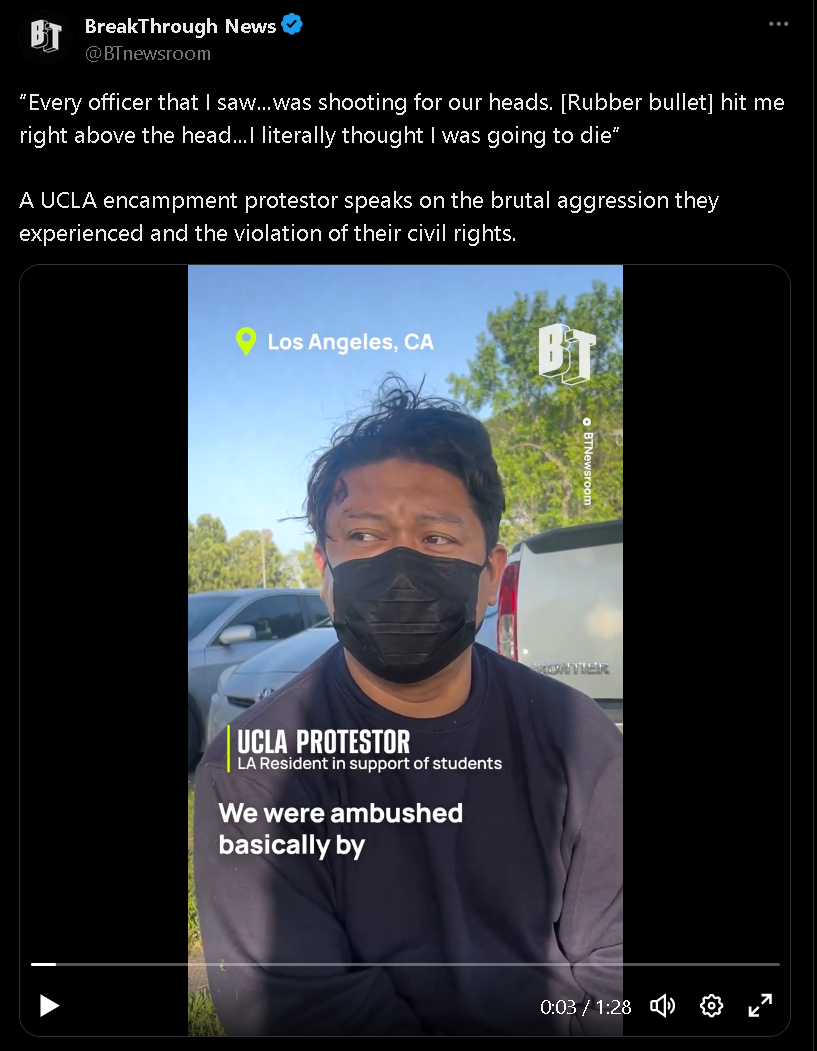onlyvideos
169 readers
1 users here now
Only Videos
Rules
- Try to be as civil as you can be; No Spamming/Trolling; ban for x days if problems arise
- Videos only
- Follow the global rules.
- Link directly to the video source and not for example an embedded video in an article.
founded 1 year ago
MODERATORS
576
577
578
579
580
581
582
583
584
585
586
587
588
590
591
592
593
595
596
597
599
600
